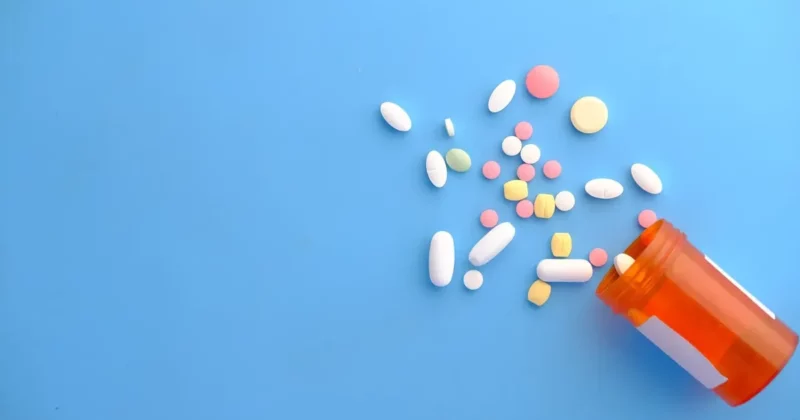Andropause
Definition Andropause, often referred to as male menopause, is a practically normal phase in a man’s life characterized by a gradual decline in testosterone levels. This slow but consistent reduction typically starts around the age of 30 and continues throughout a man’s life. Primary symptoms may include fatigue, depression, irritability, reduced libido, insomnia, and various … Read more

